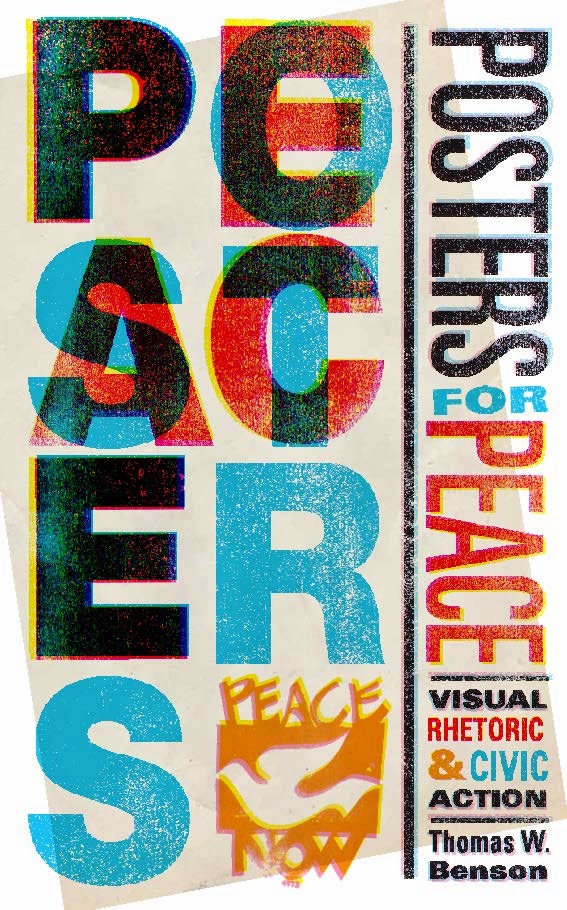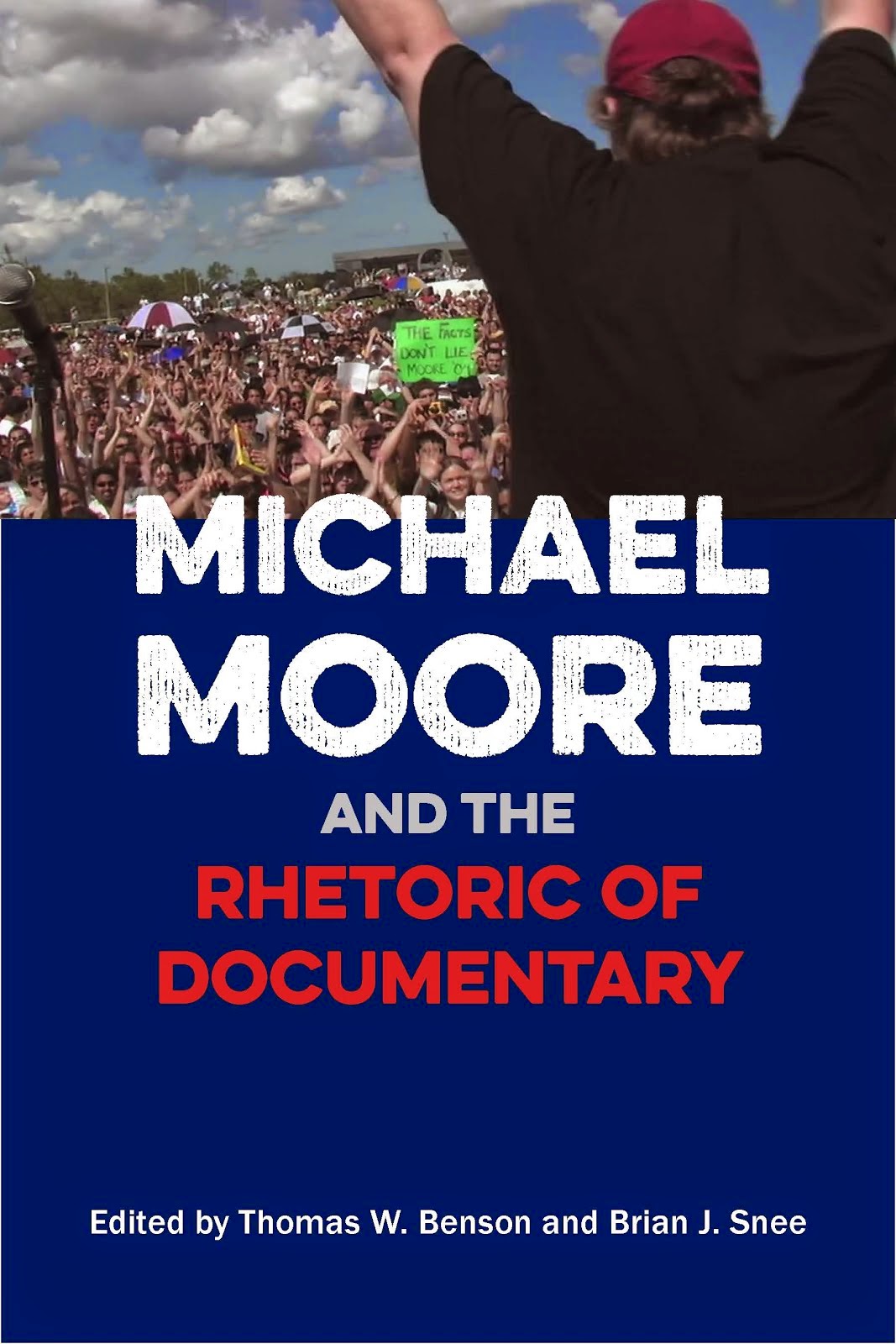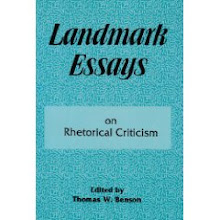Economists and policy makers have been telling us that the present situation is the worst economic crisis since the Great Depression. Some progressives have been calling for a new New Deal.
The public debate over this week's "stimulus" bill has struck me, for that reason, as somewhat impoverished.
In the Great Depression, President Franklin Delano Roosevelt made the case that simply re-starting the business cycle, kicking in a new boom that would lead to a new bust, was impractical and unwise. Instead, he offered an approach that is referred to, with some variations, as the three R's --
RELIEF -- Economic action to offer immediate relief to those most affected by the crisis.
REFORM -- Fixing the economic and financial systems so that the abuses that had led to the crash would not come again -- reforming the banks, the mortgage system, and Wall Street.
RECOVERY -- The return of prosperity in the private sector, which in the U.S. system is the engine of economic growth and offers the hope, under reasonable rules, of widespread prosperity.
I'm no economist, and so it is not really for me to say whether the stimulus bill passed by Congress this week will bring about recovery. But as a matter of rhetorical history, it has struck me as strange that President Obama and the sponsors of the bill have allowed the Republican opposition to define the debate as merely about stimulus -- as if recovery could be achieved with relief (in the short run) and reform (to prevent a return to this mess after another artificial bubble). If "stimulus" is the only theme in the debate, the Republican opposition can make a seemingly plausible argument about tax cuts. But their re-distributionist tax cuts in the past eight years and their neglect of regulation helped to bring about the crisis.
FDR taught that Recovery could not reasonably be expected by merely letting the business cycle do its work. Many people need relief now -- for example through extended unemployment benefits, some extension of various welfare benefits, health care, mortgage protection. And though most direct relief would not be expected for the long run, some of its elements might be needed by those worst off. Reform we desperately seem to need to restore sensible regulation to the market.
Or so it seems to a non-economist. In any case, one would hope for a rhetorical approach that makes the case for the role of RELIEF and REFORM in the planning for RECOVERY.
see:
Franklin Delano Roosevelt,
Fireside Chat, 28 June 1934.
"
The New Deal: Measures for Relief, Recovery, and Reform" Crossroads high school curriculum.
New Deal - Wikipedia
 Visual Rhetoric: A Reader in Communication and American Culture, edited by Lester Olson, Cara Finnegan, and Diane Hope (SAGE, 2008)
Visual Rhetoric: A Reader in Communication and American Culture, edited by Lester Olson, Cara Finnegan, and Diane Hope (SAGE, 2008)




















